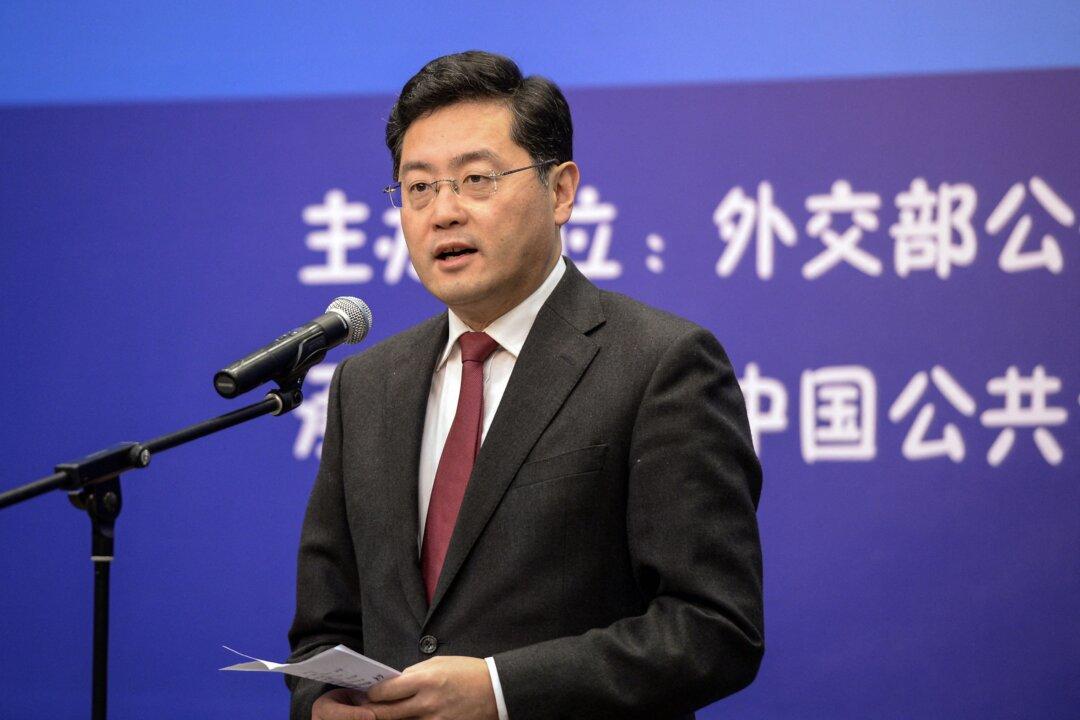China’s new U.S. envoy accused Washington of continuing an “extreme China policy” and warned the United States not to cross the regime’s “red lines.”
Qin Gang, who arrived in Washington in late July to take up the post, made his remarks at a welcome event hosted by the National Committee on United States–China Relations, a New York-based organization that promotes a friendlier relationship with Beijing.





